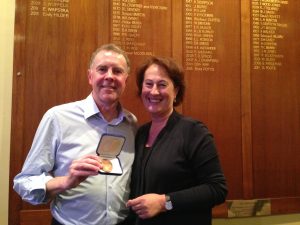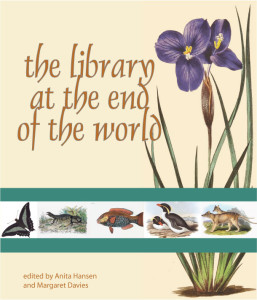Professor Emily Hilder, Vice President of The Royal Society of Tasmania, is one of only three Australian academics to be recognised in the Analytical Scientist magazine’s inaugural Top 40 Under 40 listing. The international compilation honours the next generation of up and coming scientists: those who are pioneering new research innovations across the sciences.
Professor Hilder is the head of Chemistry within the School of Physical Sciences and a Professor in ACROSS in the Faculty of Science, Engineering and Technology. She is also Director of ARC (Australian Research Council) Training Centre for Portable Analytical Separation Technologies.
Read more:
http://www.media.utas.edu.au/general-news/all-news/chemistry-researchers-receive-global-acclaim


